Characterization of innate immune responses during SARS-CoV-2 infection
Responsable du Stage :Serge Benichou et Nikaïa Smith
Tél : 0609568283
E-mail: serge.benichou@inserm.fr
institut Cochin
Résumé du Projet de Stage
SARS-CoV-2 primarily infects lung epithelial cells but the severity of COVID-19 observed in some patients is associated with an uncontrolled overproduction of inflammatory cytokines, the “cytokine storm”, associated with an impairment of production of antiviral type I interferons (IFNs), the first line of immune defense. This cytokine storm is mainly related to local massive recruitment of blood monocyte-derived macrophages (MDMs) and other innate immune cells that are potent chemokine producers. The results published by Dr. Nikaïa Smith show that, upon SARS-CoV-2 infection, lung epithelial cells produce high amounts of IFNs, namely type III IFNs (IFNλs). While IFNλs are thought to induce weaker inflammation than IFN-I, severe COVID-19 patients with low IFN-I still exhibit hyper-inflammation, indicating that IFNλs should contribute to the process. Our hypothesis is that IFNλs produced by SARS-CoV-2-infected epithelial cells exacerbate hyper-inflammation by acting on infiltrating immune cells leading to dysregulation of the innate immune response.
The general goal of our project is to characterize the mechanisms of dysregulation of the innate immune response observed in severe COVID-19. This project will focus on 3 specific objectives:
1) Analysis of SARS-CoV-2-induced cytokine production by epithelial and immune cells.
2) Analysis of innate immune responses induced by type III IFNs during SARS-CoV-2 infection.
3) Analysis of SARS-CoV-2 epithelial cell infection on immune cell response.
Development of this project will allow to understand the role of the secretome of infected cells and IFNλs in the hyper-inflammatory response observed in lungs of severe COVID-19 patients.
Références:
Smith N*, Goncalves P*, Charbit B, Grzelak L, Beretta M, Planchais C, et al. Distinct systemic and mucosal immune responses to SARS-CoV-2. (2021) Nature Immunology. 22(11):1428-1439.
Yatim N, Boussier J, Tetu P, Smith N, Bruel T, Charbit B, Barnabei L, Corneau A, et al. Immune checkpoint inhibitors increase T cell immunity during SARS-CoV-2 infection. Science Advances. 7(34):eabg4081.
Robinot R, Hubert M, de Melo GD, Lazarini F, Bruel T, Smith N, Levallois S, Larrous F, Fernandes J, et al. SARS-CoV-2 infection induces the dedifferentiation of multiciliated cells and impairs mucociliary clearance (2021) Nat Commun. 12(1):4354.
Maarifi G*, Smith N*, Maillet S, Moncorgé O, Chamontin C, Edouard J, Sohm F, Blanchet FP, Herbeuval et al. TRIM8 is required for virus-induced IFN response in human plasmacytoid dendritic cells. (2019) Science Advances. 5(11):eaax3511.
Smith N, Rodero MP, Bekaddour N, Bondet V, Ruiz Blanco YB, Harms M, Mayer B, et al. Control of TLR7-mediated type I IFN signaling in pDCs through
Ce projet s’inscrit-il dans la perspective d’une thèse :
oui x
non o
si oui type de financement prévu : Concours Ecole Doctorale
Ecole Doctorale de rattachement : BioSPC
Intitulé de l’Unité : Institut cochin Inserm U1016, CNRS UMR8104, Université Paris Cité
Equipe d’Accueil :
Nom du Responsable de l’Unité : Florence Niedergangenato Monteiro
Nom du Responsable de l’Équipe : Serge Benichou
Adresse : Institut Cochin 22 rue Méchain, 75014 Paris

